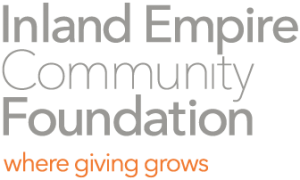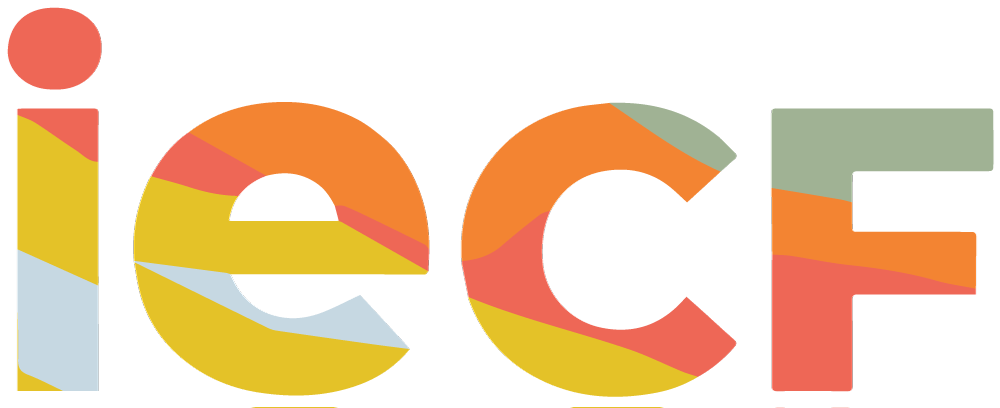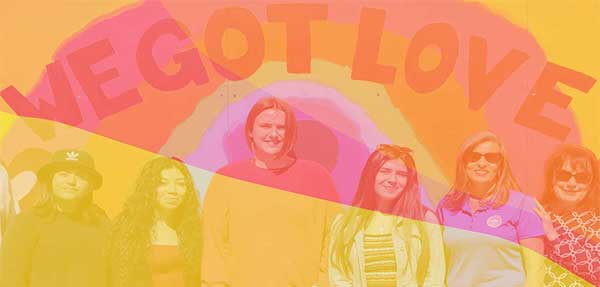 “Philanthropist” is a big word that often conjures up images of the ultra-wealthy making big donations to charities, especially when people like Bill Gates have been in the headlines lately. But the definition is much broader than that. Merriam-Webster defines “philanthropist” as “one who makes an active effort to promote human welfare.”
“Philanthropist” is a big word that often conjures up images of the ultra-wealthy making big donations to charities, especially when people like Bill Gates have been in the headlines lately. But the definition is much broader than that. Merriam-Webster defines “philanthropist” as “one who makes an active effort to promote human welfare.”
Anyone can be a philanthropist. That’s certainly the spirit behind IECF’s mission to improve quality of life in our region.
People get started in philanthropy in many ways. Here are just a few:
—Personal experience with a charity, such as receiving social services, mentoring, or health care
—Volunteering for a charity, such as packing backpacks for school kids, sorting clothing at a shelter, or serving meals at a community kitchen
—Attending community events
—Donating canned goods for a food drive
—Purchasing products that support a cause or school fundraiser
—Serving in a governance or leadership role, such as on a fundraising committee or a charity’s board of directors
From there, many people take the next step to get even more involved by providing financial support, including:
—Making a donation online to support disaster relief
—Rounding up at checkout
—Responding to online or direct mail fundraisers with a credit card donation or check
—Donating to a giving circle or other fund at IECF
Along your journey, the IECF team is here for you as a sounding board and a resource. Many people decide to establish a fund at IECF after several years of informal giving. A donor-advised fund, in particular, can be useful to organize giving to multiple charities and streamline tax reporting.
For inspiration, consider the recently-released TIME100 Philanthropy 2025, which highlights a diverse array of individuals making a difference—from billionaires like Warren Buffett and MacKenzie Scott to community leaders, activists, and innovators who leverage their unique skills, platforms, and resources to drive change. This broad representation demonstrates that impactful giving is not limited to those with vast fortunes; anyone can contribute meaningfully, whether through money, time, expertise, or advocacy.
Indeed, many on the list are recognized for aligning their philanthropic efforts with personal passions or areas where they can make a unique impact, such as Dolly Parton’s focus on literacy, José Andrés’ humanitarian food relief, and Billie Jean King’s advocacy for women in sports. What’s more, the rise of collective giving, strategic philanthropy, and new collaborative funding models makes it easier for people to pool resources and maximize impact.
Please reach out anytime, wherever you are along your philanthropic journey. IECF is here to help everyone make a difference at every level of wealth and background.
Please reach out to our Charitable Giving Team anytime, and stay up to date on all the good work we’re doing through the power of philanthropy. Sign up for our eNewsletter, Philanthropy Matters, today.
The team at IECF is honored to serve as a resource and sounding board as you build your charitable plans and pursue your philanthropic objectives for making a difference in the community. This newsletter is provided for informational purposes only. It is not intended as legal, accounting, or financial planning advice. Please consult your tax or legal advisor to learn how this information might apply to your own situation.


